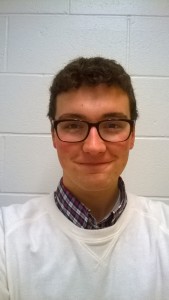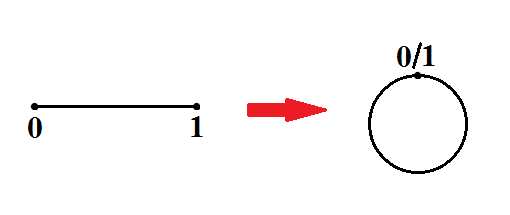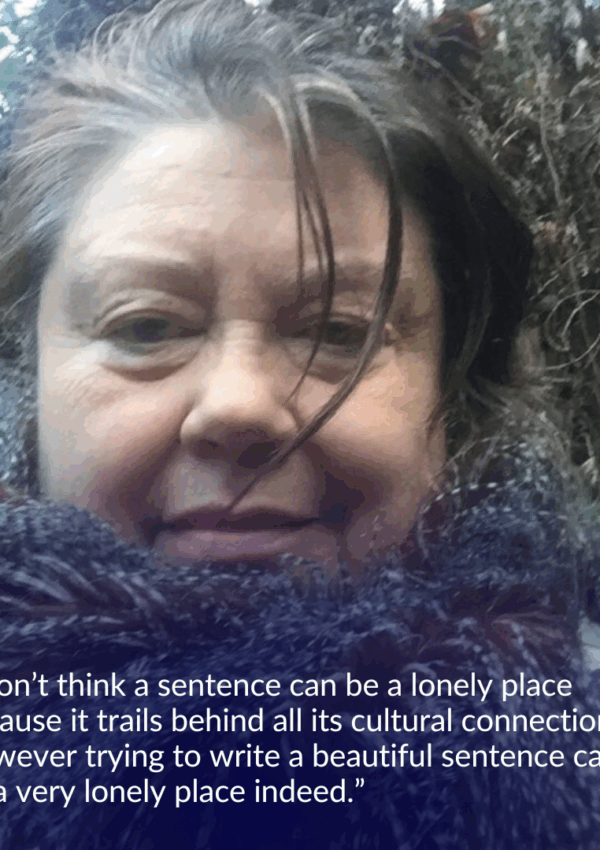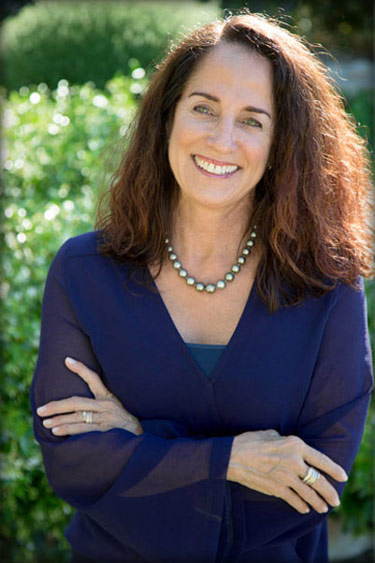I remember getting a copy of Robert Frost’s Collected Poems when I was a senior in high school. I didn’t read much poetry at the time, but I remember taking the book with me as my only company for a three-day sleepaway trip at a local college. The trip was terrible and I hated it, but while I was hiding away in my room I became interested in the Frost I encountered in those poems. I remember feeling especially struck by “Directive,” which I had been assigned in an English class the year before but that I had never really read until that lonely evening at the dorm desk in flagging light.
So I googled Frost and read what I could find by or about him. That’s how I came upon this quote of his, which is almost always presented (at least on the internet) without specific attribution: “In three words I can sum up everything I’ve learned about life: it goes on.”
This quote dislodged something in me. It seemed generally right without being profound—surely a miracle in itself—but it also spoke quite directly to me, sitting there on that unfortunate piece of stock furniture, wanting to go home. Life would go on, this trip would end, and soon enough this experience (like, ultimately, every other) would be behind me forever. (Except when I learned, just a few short years later, that one of the boys I had met on the trip had gotten lost on the water while kayaking and had drowned, most likely quietly and certainly alone.)
This moment marked an entry into the crepuscular problematic of finitude.
* * *
In perhaps his best-known novel, translated into English by Robert Bononno as My Body and I, René Crevel gives us this spellbinding paragraph-plus-a-sentence from his narrator, who is waiting with two close friends at the train station before their trains (the narrator’s and his friends’) depart in different directions:
I am astonished out loud! Champagne in the buffet of the Lyon train station in late afternoon? Late afternoon—excuse me. It is eight in the evening. Eight fifteen, in fact. Between these two companions I could easily think of myself as a clock, a clock that was too sentimental to have any concept of time. And yet it has no other purpose. An inaccurate clock between two torches. And if the clock were sold? Would they remember me only a little? Conscientious, I look right and left. To one and then the other, very softly, I acknowledge, “I love you.” And in a slightly louder voice I beg, “You must love me forever.” A woman’s hand, a man’s hand share my ten fingers. With her free hand my friend brings her own glass to my lips, “Drink, darling.”
This could be called happiness.
Apart from being one of the most compactly brilliant literary snapshots of bisexuality I’ve ever read (“A woman’s hand, a man’s hand share my ten fingers”)—rumors of the prevalence of which were what drew me, initially, to Crevel’s work and to My Body and I in particular—this passage adds a different valence to the age-old poetic contradiction between finitude and the infinite. The tone bears no traces of high-masculine confidence in The Capital-P Poet’s ability to transmute the beloved(s) into History, into the Logos, into Infinity; it is tinged, instead, with an uncertain and plaintive desperation: “Would they remember me only a little?” Time is slipping by the narrator faster than he can mark it (“Late afternoon…eight in the evening. Eight fifteen, in fact”) and we feel his caught-in-the-middle-ness (between friend and friend, woman and man, the gare à Lyon and the world beyond) as representative of our own stretched-ness between the extreme polarities of time—namely, between birth and death. The narrator would stay with these friends forever, if only he could; in a subsequent paragraph he swears he would abandon his own plans to join them in an instant, if only they’d ask him to. The narrator is unwilling to say directly that this evanescent moment at the train station constitutes happiness for him, but the reader can feel the crush of a heartache that wants nothing more than to stretch this instant of semi-contentedness—before the friends go their way, the narrator goes his, and this moment is lost forever to time’s unstoppable going-on—for as long as it will stay.
* * *
It might be bizarre to start with Crevel on this score because this sentiment is one that has been known to poetry, and especially to music and song, for ages. There is an inexhaustible reserve of songs that cry out to heaven for the night to last forever, for a moment with the beloved(s) to form a new eternity unto itself. One poignant example that subverts this trope a little is J. Frank Wilson and the Cavaliers’ “Last Kiss,” a song originally written and recorded by Wayne Cochran, in which the speaker’s beloved dies in a car crash while the speaker is at the wheel. J. Frank Wilson’s vocal delivery is straightforward for the verses and louder for the chorus, but his voice also jumps up to chorus-level volume (recall Crevel’s narrator’s “slightly louder voice” in the passage above) when, in the second verse, the speaker sees his now-dead beloved in a dream. In the vision she exclaims (using the same term of endearment as Crevel’s narrator’s female companion): “Hold me darling for a little while.” The speaker does, but to no avail: “But now she’s gone, even though I hold her tight [/] I lost my love, my life that night.”
(J. Frank Wilson died at 49—not in a car crash, although he was in one with some members of The Cavaliers after they recorded the song; Sonley Roush, a record promoter and the producer of “Last Kiss,” was driving and was that crash’s only victim. Wilson died from alcoholism and complications from diabetes.)
* * *
Maybe it’s a general poetic goal to plumb the finite so deeply that one creates something infinite. This is clearly not easy to do in poetry. In mathematics, however, there’s a lovely trick for bringing the (ostensibly) finite into dialogue with the infinite.
Take the closed interval from 0 to 1. This interval is certainly bounded, and there’s at least one sense in which it is finite—if you laid it out on the ground, for example, you could walk from one end to the other in finite time.
Now take this interval and roll it up to make a circle by gluing the two endpoints together:
Now we will use this circle to create a correspondence with the whole real line, which stretches forever in both directions to positive and negative infinity. We’ll do this by placing the circle on top of the line (centering it at 0) and then drawing lines from the point at the top of the circle, through the interior of the circle, all the way to the real number line lying below:
Each of the blue lines in the diagram above* marks a correspondence between a point on the circle and a point on the real number line. In other words, this construction maps the circle of finite circumference (which we created using only a bounded interval, stretched and curved a bit but otherwise unharmed) onto the infinitely-long real line.
So does math just have an easier job of transmuting the finite into the infinite than poetry does? Is this why philosophers—from Plato all the way through to figures like Descartes, Spinoza, Leibniz, and even contemporary thinkers like Alain Badiou—have been so drawn to mathematics as an apparatus for thinking the infinite? It’s hard to say, especially because there’s something a little fishy about the construction above: even though the interval we started with was bounded—it started at 0 and ended at 1—it was also already uncountably infinite. Not only are all the proper fractions in this interval (and proper fractions are dense, meaning that between any two given fractions there is a countably infinite number of other fractions), but there are also uncountably many irrational numbers with nonterminating, nonrepeating decimal expansions that still fit between 0 and 1. So yes, the construction does bring one kind of finitude into dialogue with the infinite, but not without smuggling some infinite-ness into the mix to start.
* * *
I don’t think there is an easy poetic solution to the problem of finitude. That said, perhaps poetry’s solution to this problem will bear some resemblance to what the philosopher Emanuele Severino argues for in his book The Essence of Nihilism, a polemic against the idea that Nothing reigns supreme and that Being is destined always and only to return to Nothing. (Severino wrote the book after he came under investigation by the Vatican in 1961.) The central thesis of the book is the eternity of Being: for Severino, every being ever to exist is always already eternal, and it is only the West’s forgetting of this fact (under the guise of metaphysics) that makes the problem of finitude into a problem at all. If Severino is right—and I do not profess to know if he is—that would mean that the luminescence of Frost’s quote on my old Blackberry screen, that Crevel’s setting-to-paper of the touching scene in the Lyon train station, that the moment in which J. Frank Wilson sing-shouts “Hold me darling” in Crevel’s narrator’s “slightly louder voice,” and that the glow of the words you’re reading now shall all join in the chorus of the eternal, along with everything (and everyone) else under the sun. Maybe that’s the infinity we need to smuggle in beforehand, if we really want poetry to speak unto eternity.
And maybe it isn’t really smuggling, in the final account.
 Tom Snarsky teaches mathematics at Malden High School in Malden, Massachusetts, USA. Tom’s poetry appears in Black Fox Issue 13.
Tom Snarsky teaches mathematics at Malden High School in Malden, Massachusetts, USA. Tom’s poetry appears in Black Fox Issue 13.
*Source for this diagram. The first two were made unceremoniously in MSPaint.







This is fabulous … may I please have a private lesson on “finitude” — as the woman who gave birth to your genious I hope you will be patient with me … I am impressed … amazed and proud. But I need to be educated.